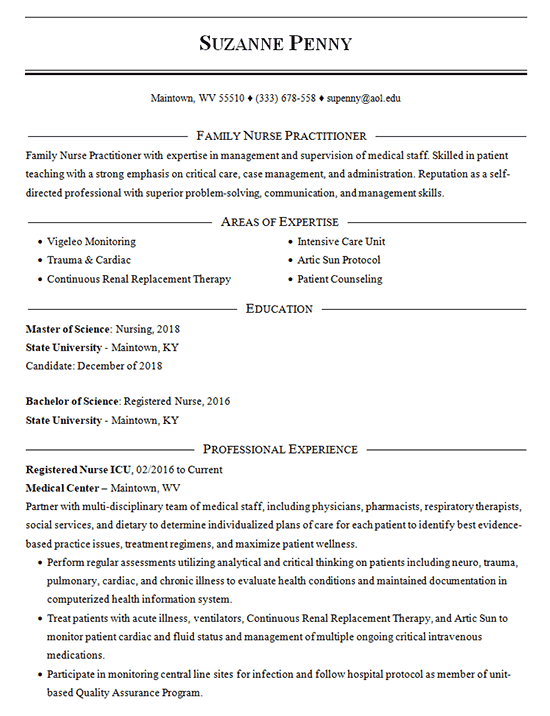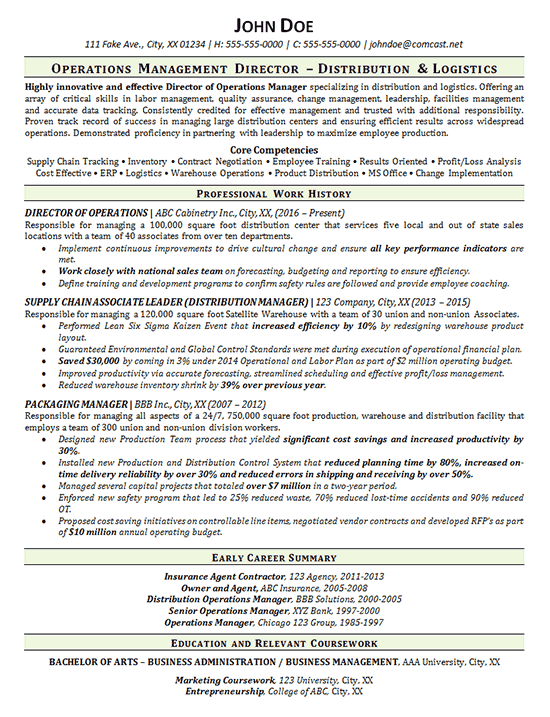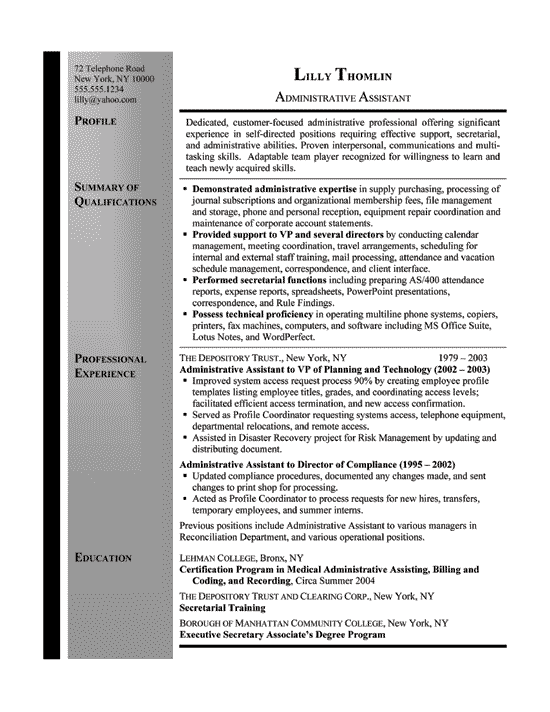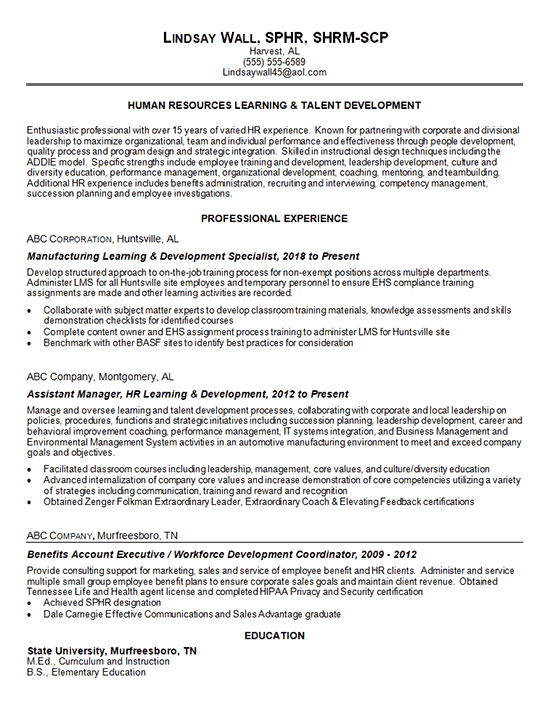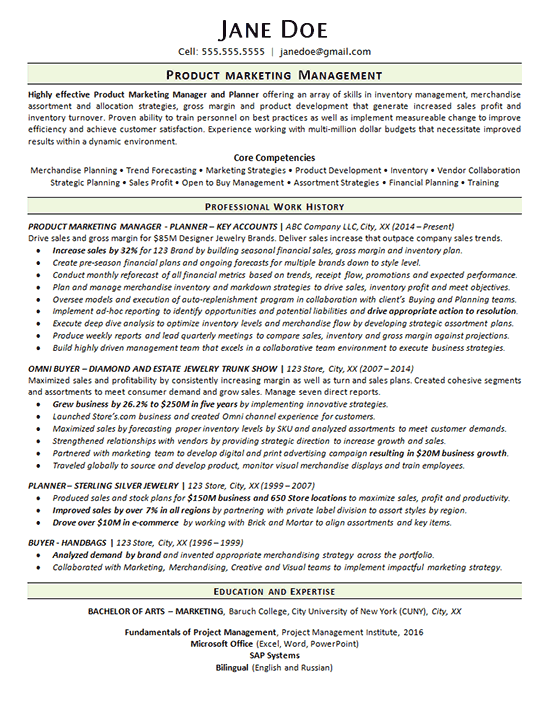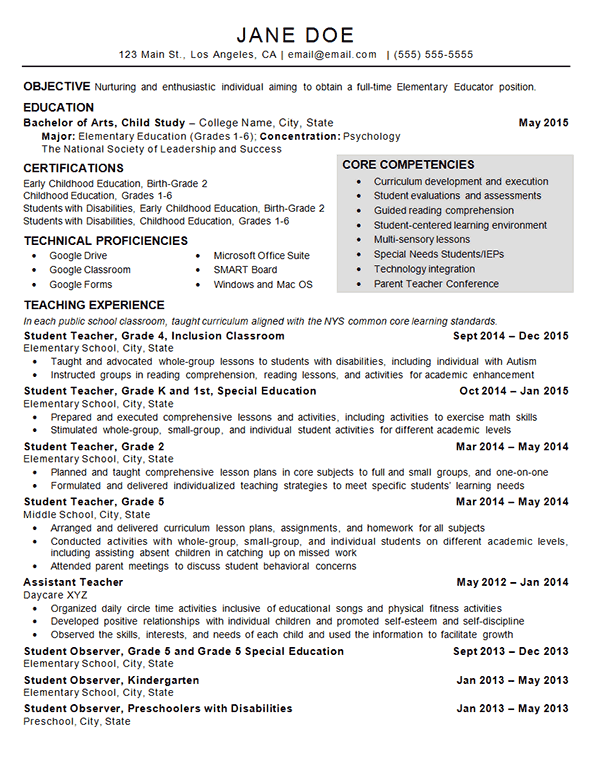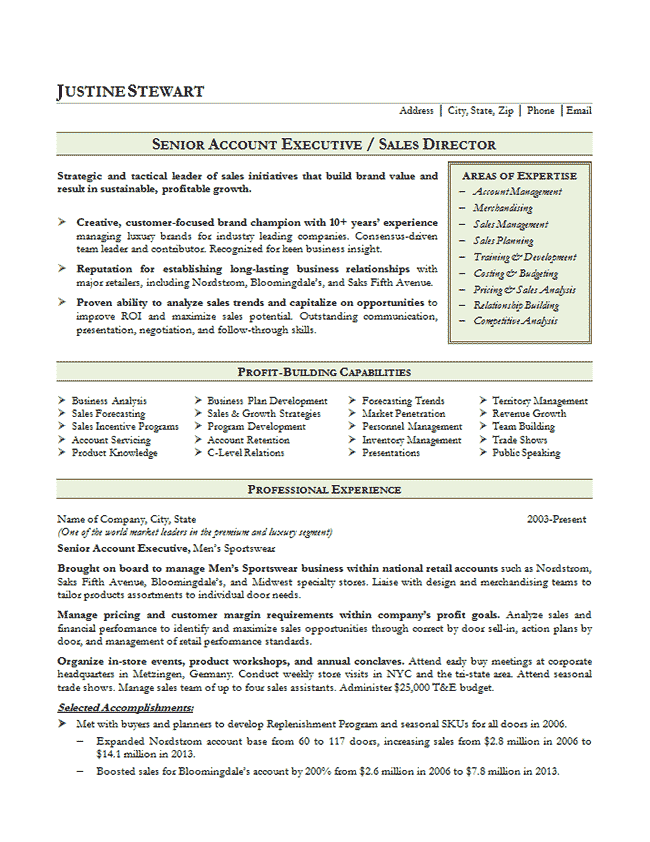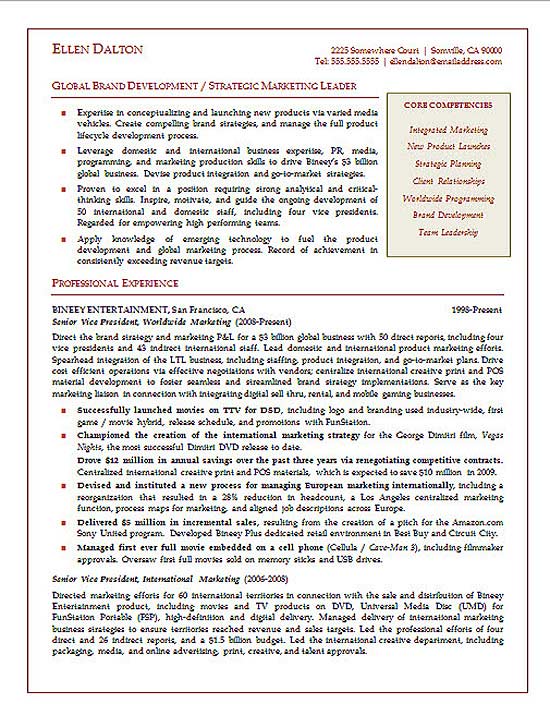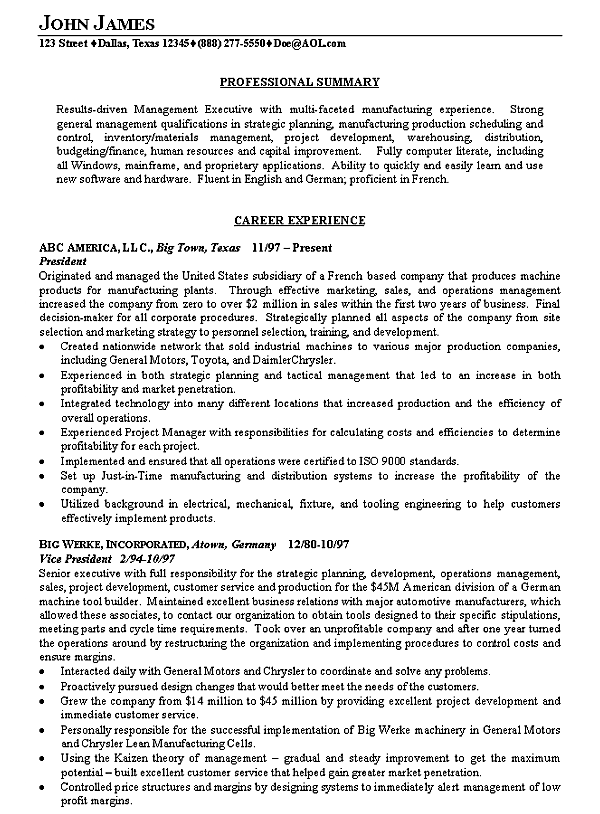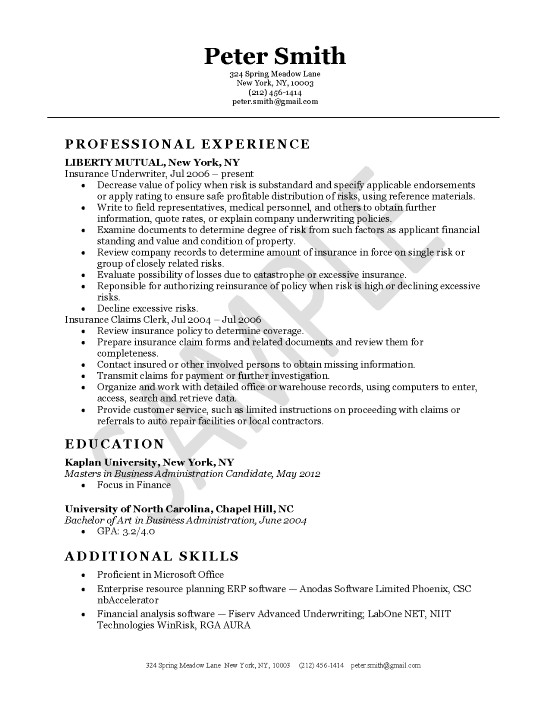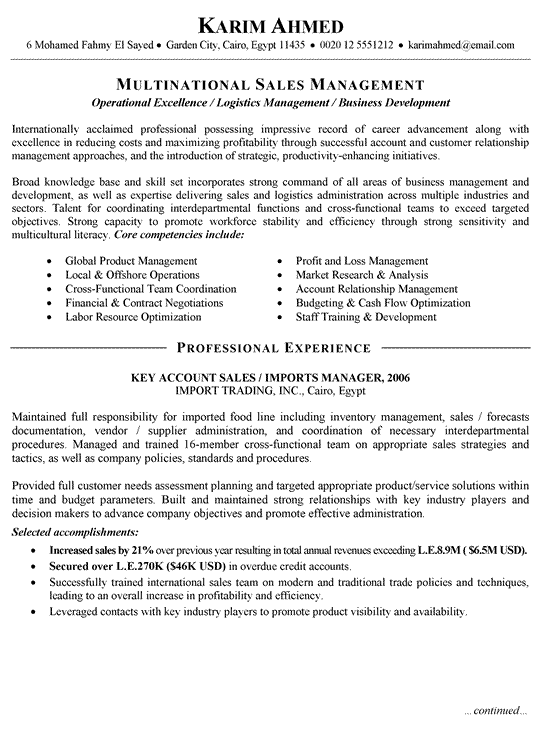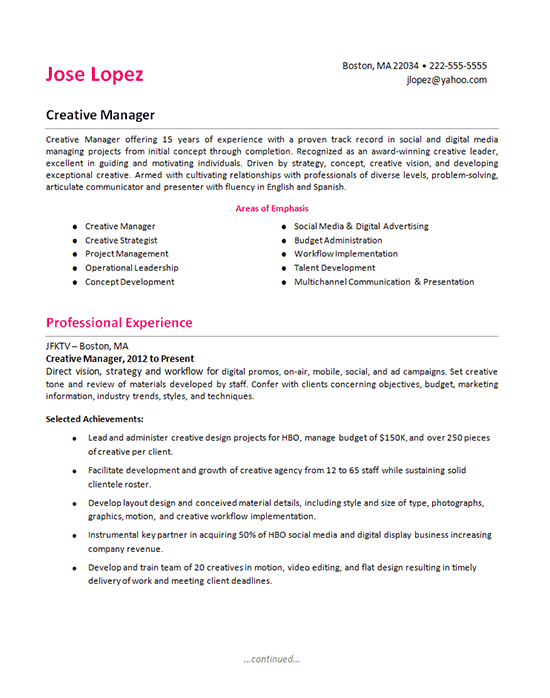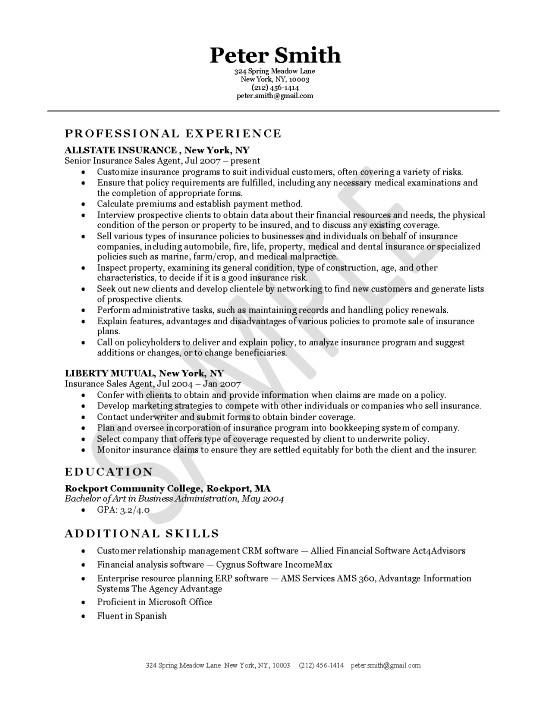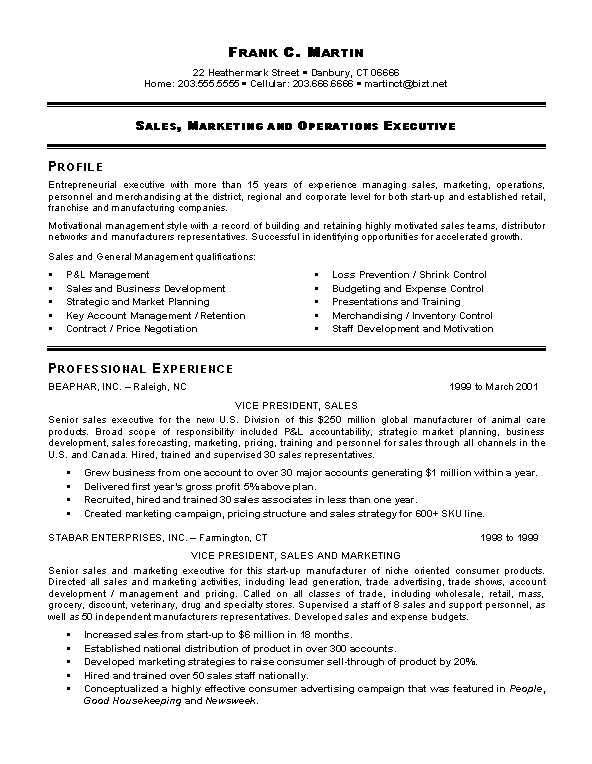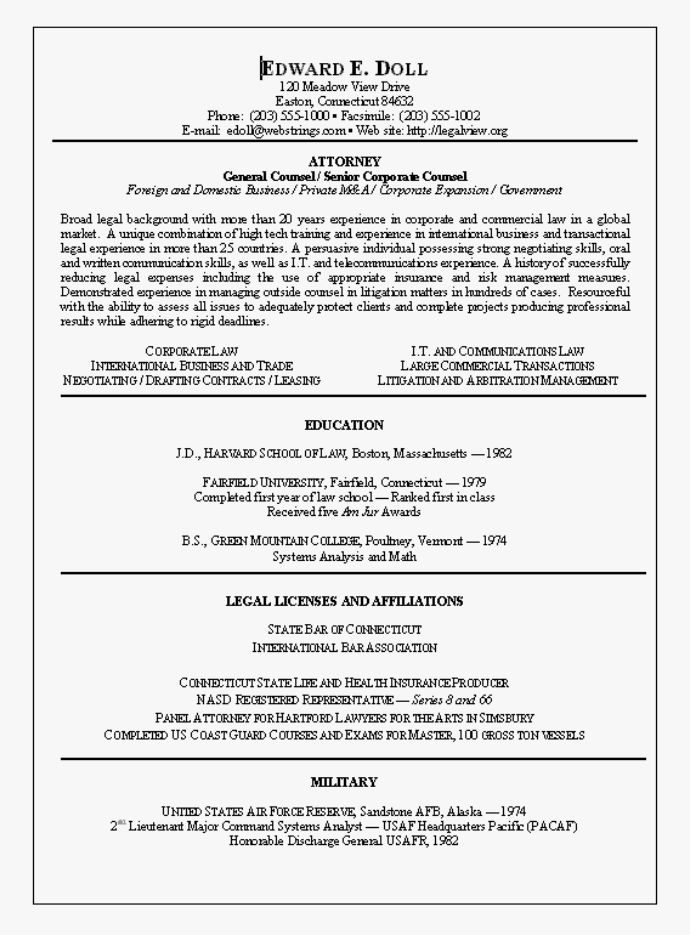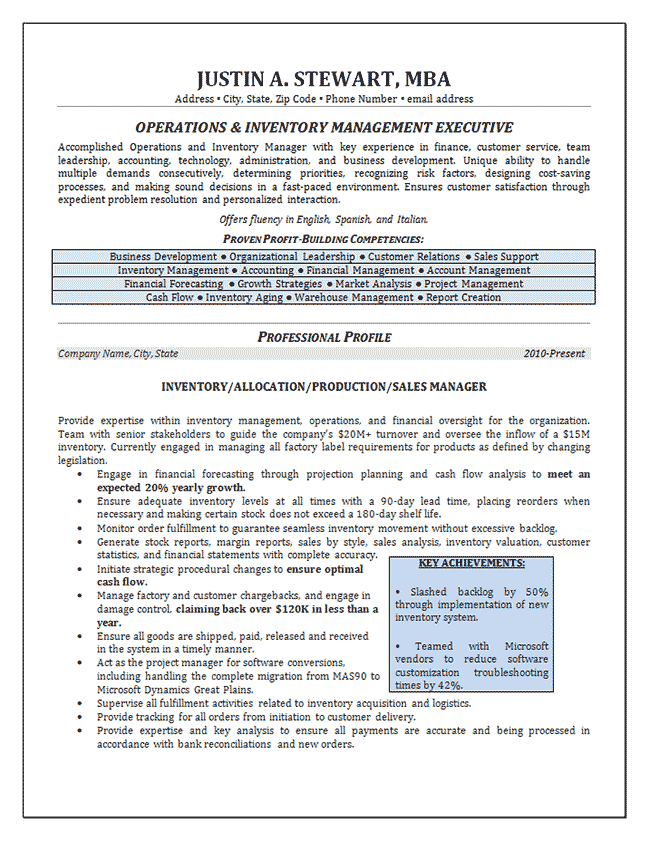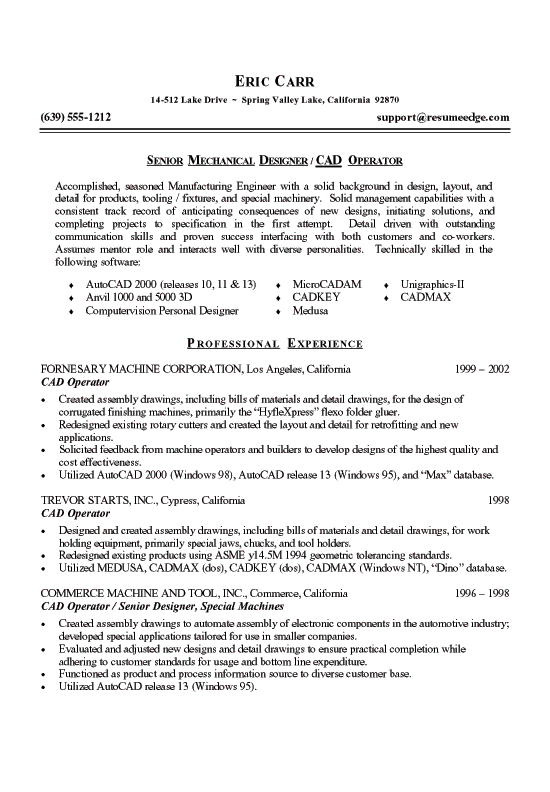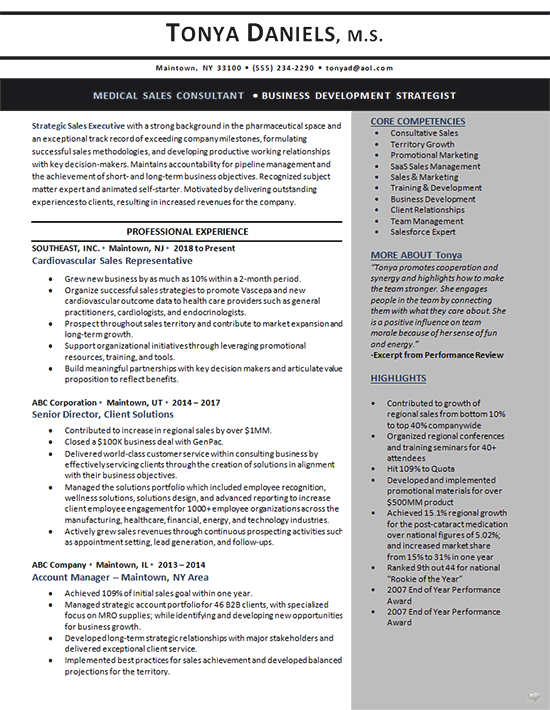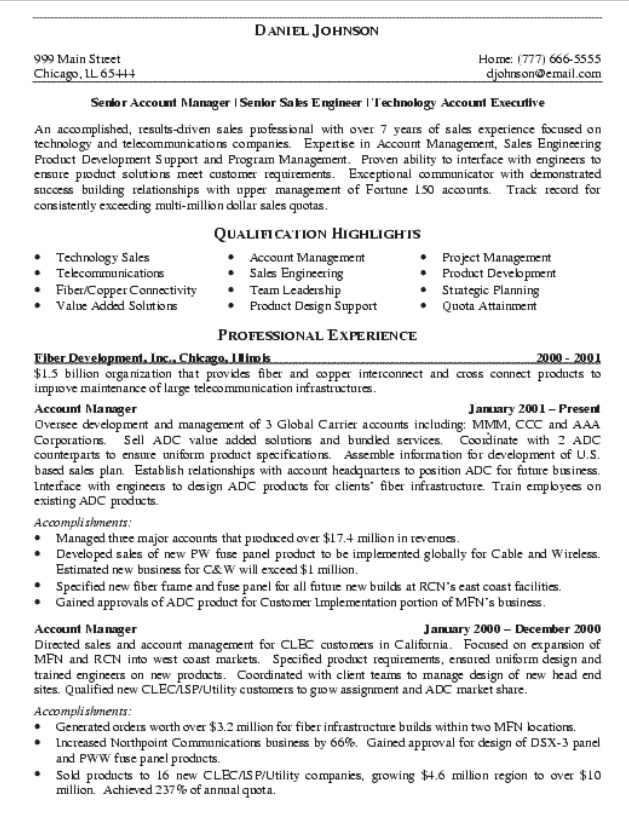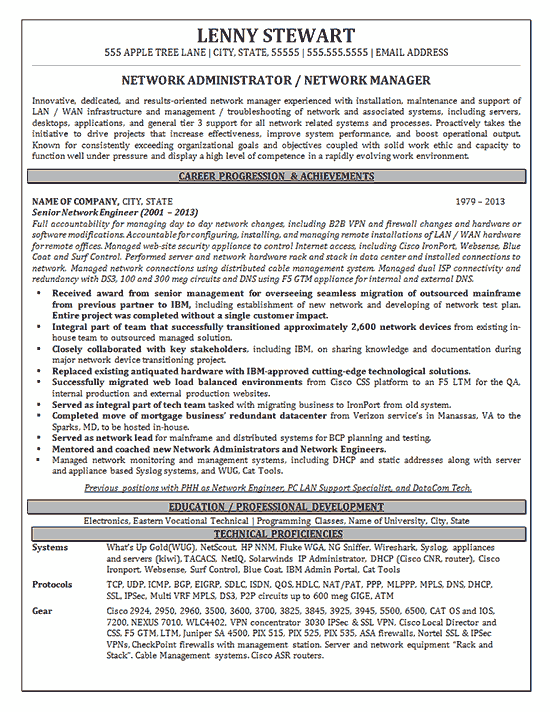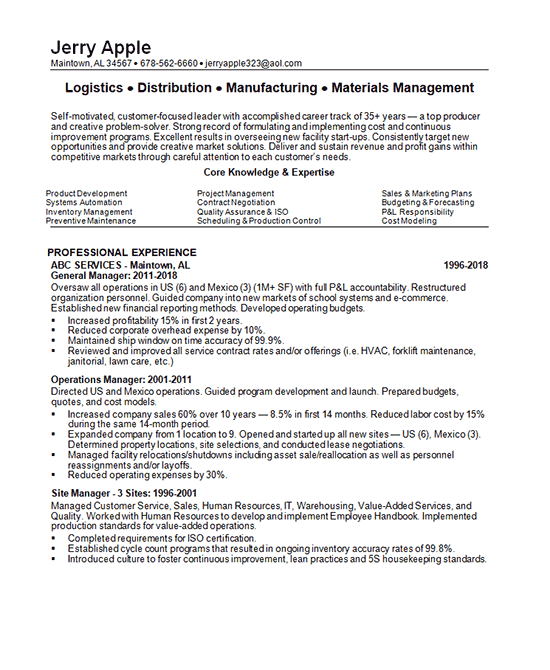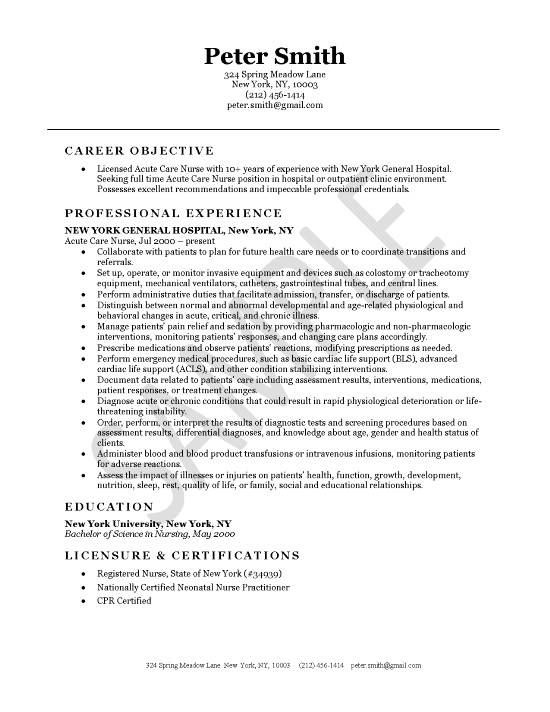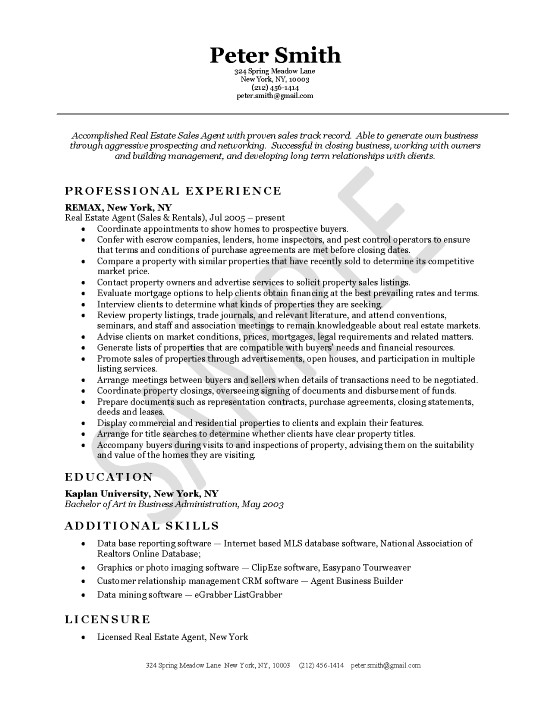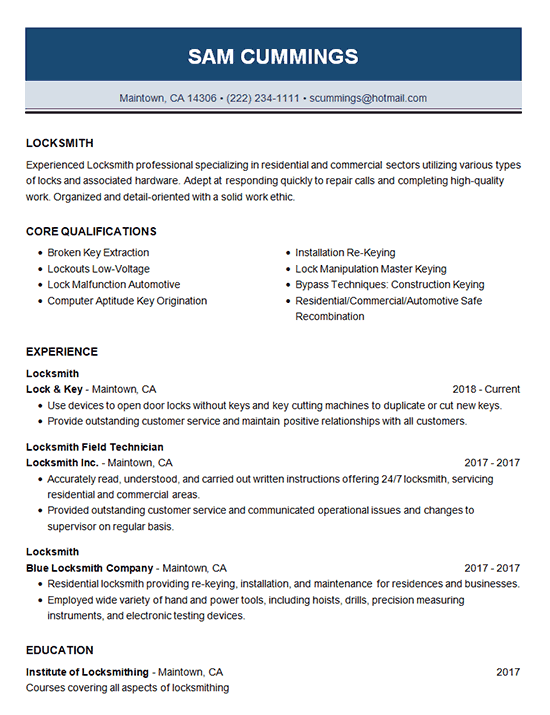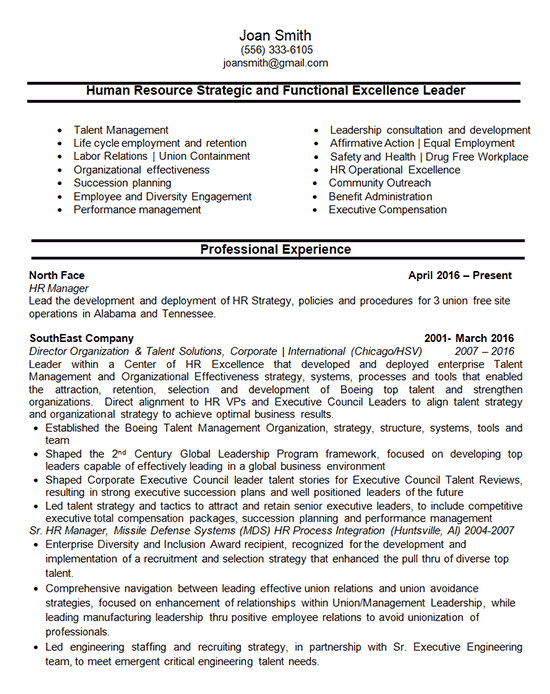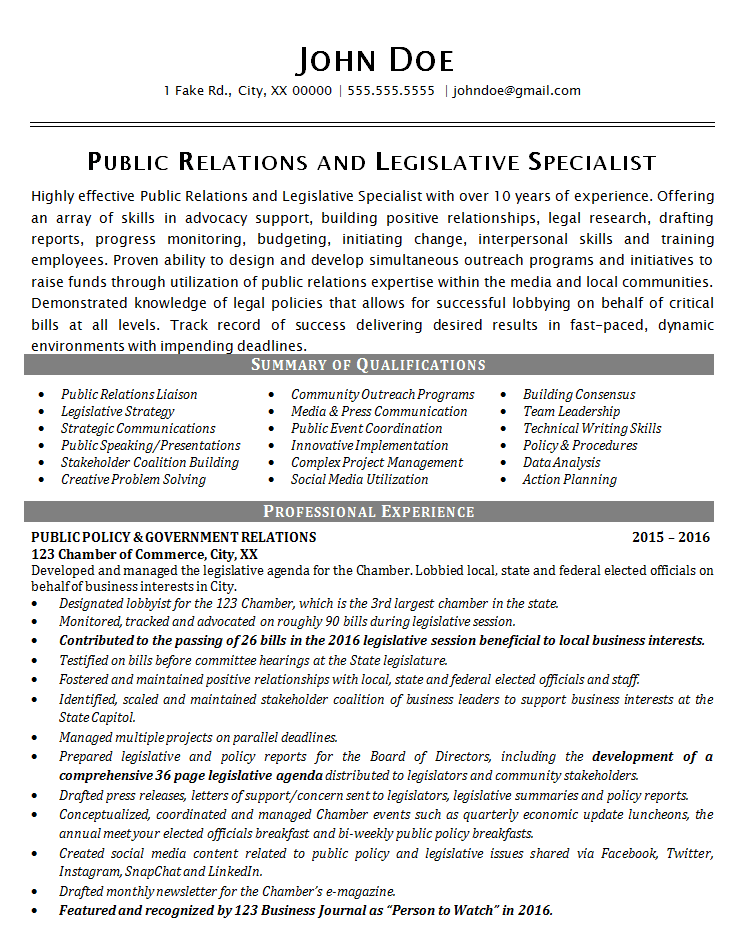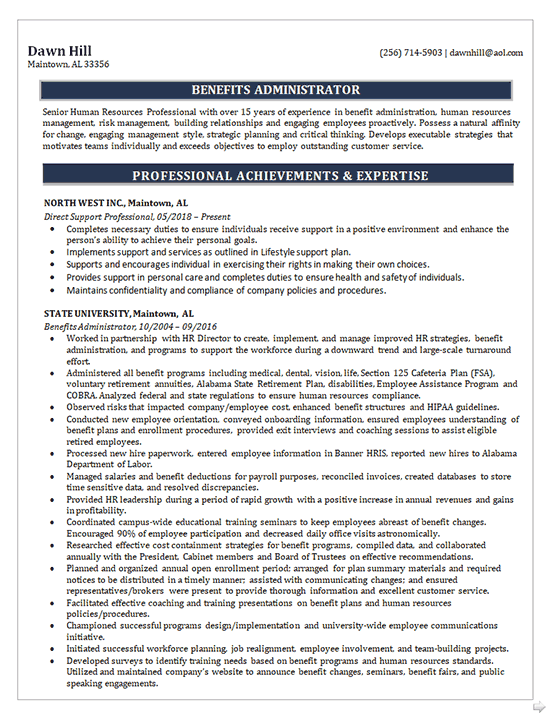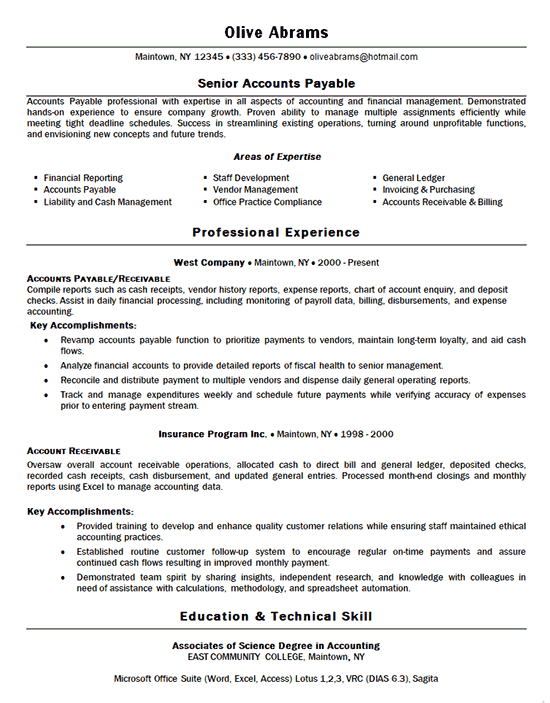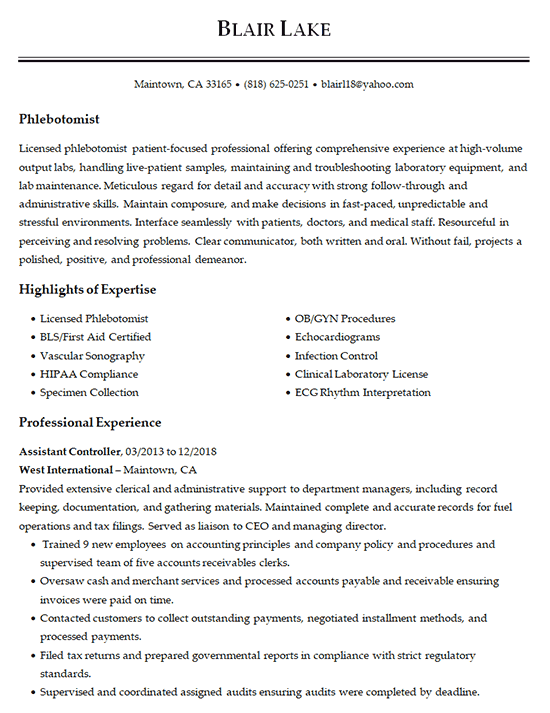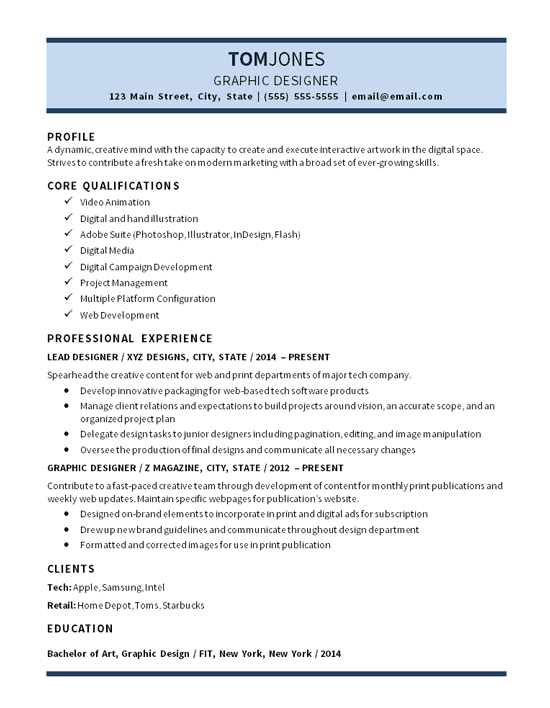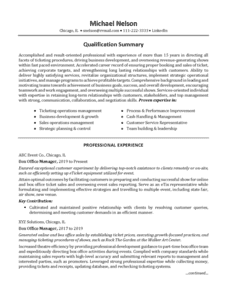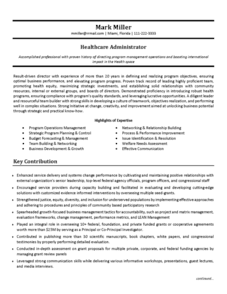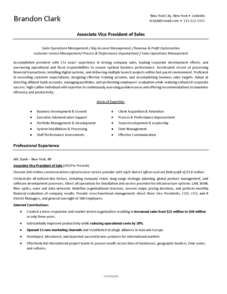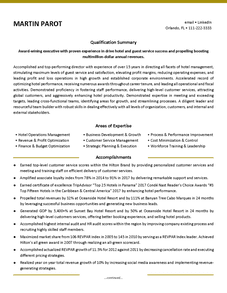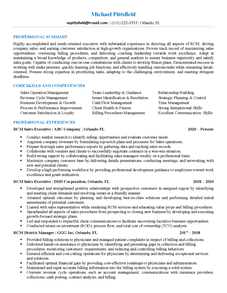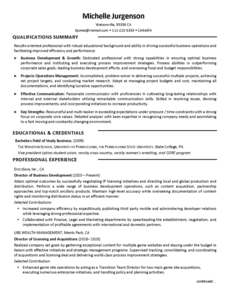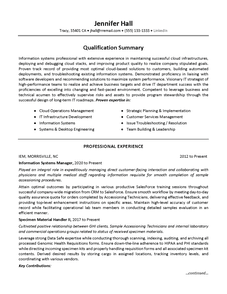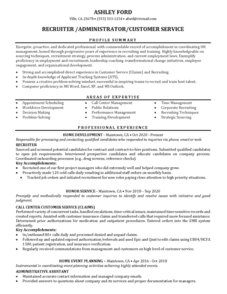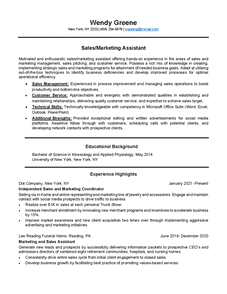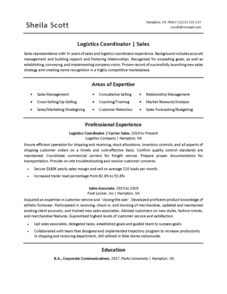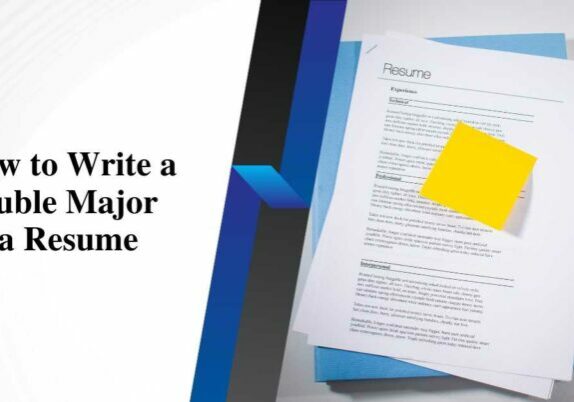This independent contractor resume example is for a job candidate that displays their many skills and qualifications to work for a new company or construction union.
The job seeker is looking for a position where they could have steady work that is not on a project-by-project basis.
This is a lateral move skill-wise and a promotion financially for the candidate to contribute their decade of experience to a labor crew that needs a well-rounded, hands on worker.
This resume also demonstrates the physical skills and personality necessary to yield success.
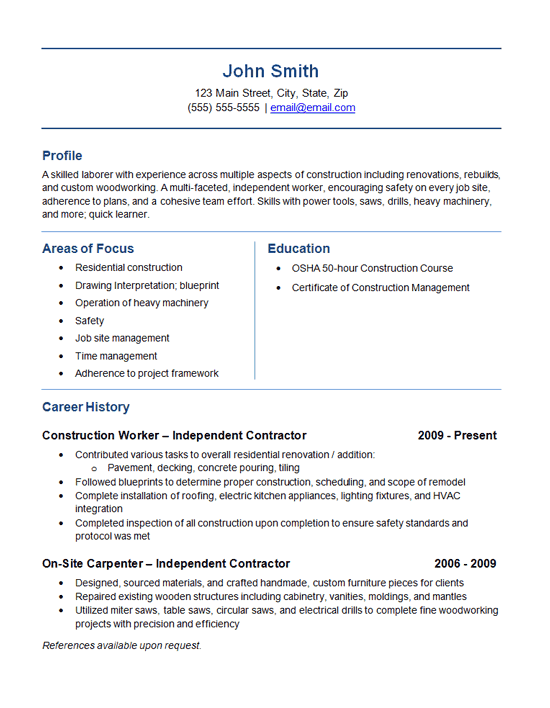
Independent Contractor Resume Example
Independent Contractor Resume Statements
- A skilled laborer with experience across multiple aspects of construction including renovations, rebuilds, and custom woodworking.
- A multi-faceted, independent worker, encouraging safety on every job site, adherence to plans, and a cohesive team effort.
- Skilled with power tools, saws, drills, heavy machinery, and more.
- Contributed various tasks to overall residential renovations and additions.
- Oversaw work on the pavement, decking, concrete pouring, and tiling.
- Followed blueprints to determine proper construction, scheduling, and scope of remodel.
- Completed installation of roofing, electric kitchen appliances, lighting fixtures, and HVAC integration.
- Completed inspection of all construction upon completion to ensure safety standards and the protocol was met.
- Designed, sourced materials, and crafted handmade custom furniture pieces for clients.
- Repaired existing wooden structures including cabinetry, vanities, moldings, and mantles.
- Utilized miter saws, table saws, circular saws, and electrical drills to complete fine woodworking projects with precision and efficiency.
Contractor Resume Writing Tips
So, you want to be a contractor? Do you want to spend your days on construction sites, overseeing projects, and bringing buildings to life? Well, you’re in luck. You’re about to embark on a journey to create the ultimate contractor resume that will showcase your skills and experience and help you stand out in a highly competitive industry.
But let’s be honest for a minute. Writing a resume is challenging, and it’s a lot of pressure to condense your entire career into one page and make it sound impressive.
But don’t worry; we’re here to help. This article guides you through creating a standout resume, and we’ll cover everything from the key skills hiring managers look for to the best resume format for a contractor.
So, please grab a cup of coffee, take a deep breath, and let’s get started.
What Does a Contractor Do?
If you’re curious about what a contractor does, let’s dive in and explore their day-to-day responsibilities.
A general contractor oversees residential construction projects from start to finish. They’re responsible for managing subcontractors, ensuring the project is completed on time and within budget, and ensuring that every aspect meets the client’s specifications.
One of a contractor’s primary responsibilities is managing the budget for a construction project. They’re responsible for creating a budget for the project and ensuring that every aspect of the project stays within that budget. This includes negotiating with subcontractors to get the best possible price for their services and ensuring that all materials are purchased at the best price.
In addition to managing the budget, a contractor oversees all aspects of the construction project. This includes hiring and supervising subcontractors, ensuring that all work is completed on time and to the client’s specifications, and ensuring the project meets all safety regulations.
Overall, a contractor is critical in ensuring a construction project is completed successfully and to the client’s satisfaction.
Essential Skills Hiring Managers Look For on Contractor Resumes
When hiring managers are looking at your skills, they want to see a focus on hard skills like plumbing, safety regulations, contract negotiations, and drywall installation. These skills prove you have the on-the-job knowledge and specific experience they seek. These skills are essential for a contractor responsible for overseeing construction projects and ensuring that everything runs smoothly.
When crafting your general contractor resume, highlight your hard skills and experience in these areas to catch the hiring manager’s attention. Ensuring your skills and experience match the job description is important. Take the time to carefully read through the job posting and tailor your resume accordingly.
If the job requires experience with a particular type of construction project or software program, include that in your resume. Doing so shows the hiring manager that you’re a good fit for the position and increase your chances of getting hired. To make your resume stand out even more, consider using a resume template or example to guide you.
This can help you structure your resume to showcase yourself in the best possible light. Additionally, a template or example gives you a better idea of what information to include and how to format it.
Common Action Verbs for Contractor Resumes
Are you looking to impress hiring managers with your experience and skills as a general contractor? Use action verbs in your resume to showcase your expertise in areas like contract negotiation, construction project management, and safety regulations.
Action verbs make your resume more engaging and highlight the value you can bring to the company. Some common action verbs for contractor resumes include: managed, supervised, coordinated, negotiated, estimated, inspected, and implemented.
When writing your resume, following a clear structure highlighting your skills and experience is essential. Begin with a professional resume summary that includes your job title, years of experience, and a notable accomplishment.
The skills section lists hard and soft skills related to the job but emphasizes hard skills as they’re more important to recruiters and hiring managers.
In the experience section, list your work history in reverse chronological order and include impressive achievements demonstrating your construction project management, budgeting, and safety compliance abilities.
Remember to tailor your resume sample to the specific job you’re applying for. Research the company and use keywords from the job description in your resume to show that you’re a good fit for the position.
By using action verbs and presenting your skills and experience clearly and concisely, you can make a strong impression on hiring managers and increase your chances of landing a job.
How to Correctly Align Your Contractor Resume With the Job Description
Aligning your resume with the job description is crucial to impressing hiring managers and ultimately landing your dream job in 2023. To accomplish this, read the job description carefully and incorporate relevant keywords throughout your resume.
Make sure to highlight your skills and experience in a way that shows you’re the perfect fit for the position. Consider formatting your resume to mirror the job description, such as using the same section headings.
One of the most critical sections of your resume is the experience section. You are tailoring this section to the job description by including specific examples of relevant work experience. Use action verbs and quantify your accomplishments with numbers when possible. This shows the hiring manager that you have the necessary skills and expertise to excel in the role.
In addition to aligning your resume with the job description, don’t be afraid to add a touch of personality to your application. Share a brief anecdote or highlight an exciting hobby that showcases your unique qualities. This can help you stand out from the crowd and demonstrate that you’re qualified for the job and a well-rounded individual.
Choosing the Best Resume Format for a Contractor
If you want to impress potential employers and increase your chances of landing your dream job, choosing the best resume format is critical. As a contractor, you must present yourself as organized and efficient, with the necessary project management skills to handle any job.
The chronological resume format is often the best option for contractors, as it highlights your work experience in reverse chronological order, starting with your most recent position. This type of resume also allows you to showcase any certifications or training you’ve received, which can be important in this field.
When creating your resume, it’s essential to consider the format and content. Your work experience should be the focus, with each position listed in detail and including any relevant accomplishments. In addition, you may want to include a skills section highlighting your organizational and project management skills, as well as any other relevant abilities.
A cover letter can also help showcase your qualifications and explain why you’re the best candidate for the job.
Reviewing some general contractor resume examples can help better understand what a successful resume looks like. Look for patterns and strategies that successful job seekers have used, and try to incorporate those into your resume.
With the correct format, content, and presentation, you can increase your chances of landing your dream job as a contractor.
Tips for Writing a Better General Contractor Resume
Now that you’ve chosen the best resume format for a contractor, it’s time to write a better resume. You have an important role in the construction industry, and you oversee and manage various projects, ensuring they’re completed within budget and on time.
To showcase your skills and experience, it’s crucial to have a well-written resume that stands out from the rest. To start, prominently display your name at the top of the document, followed by your contact information. Be sure to include your project management and interpersonal skills, which are crucial in the construction industry.
In the experience section, highlight your achievements and contextualize them with numbers. If you don’t have any relevant experience, include any part-time or volunteer work relevant to the industry. When writing your resume, include specific examples of your work; contractor resume examples can help show you how to highlight this.
Make sure to tailor your resume to the job you’re applying for, emphasizing the essential skills for that particular position.
Frequently Asked Questions
If you’re a self-employed contractor, you may wonder how to list your work on your resume. You might also be concerned about how including contract work on your resume could affect your job prospects. But fear not, as we’ve got answers to these frequently asked questions.
Is Including Contract Work on Your Resume Bad for You?
Including contract work on your resume can be tricky, but don’t worry – there are ways to make it work in your favor. Recruiters understand that not everyone has a traditional employment history, and adding independent contractor positions can be a strength.
However, ensuring that the contract work you list on your resume is relevant to the job you’re applying for is vital. One way to do this is by organizing your experience section chronologically, starting with your most recent job title. This will help the recruiter see the progression of your career and understand how your qualifications have developed over time.
In addition, make sure to highlight any relevant skills or accomplishments you gained during your contract work. You can also look at a sample resume for independent contractors to understand how to structure your own best.
With some planning and attention to detail, you can use your contract work to showcase your strengths and stand out from other candidates.
How Do You List a Self-Employed Contractor on a Resume?
Listing your self-employment experience can be a valuable asset on your job application, showcasing your skills and accomplishments in a way that sets you apart from other candidates.
When listing your self-employment on your resume, it’s essential to highlight your proven track record in bid management, time and budget management, scheduling of subcontractors, and completion of projects on time. Emphasize your safety procedures and high-quality workmanship to show potential employers that you’re a responsible and skilled contractor.
To list your self-employment experience on your resume, start with a clear and concise job title reflecting your self-employed contractor role. Under that, list your relevant experience in reverse chronological order, including details such as the name of the project, the timeline, and the budget. Mention any management skills you utilized, such as overseeing a team of subcontractors or managing the project budget. Don’t forget to include any notable achievements or successes, such as completing a project ahead of schedule or under budget.
By highlighting your self-employment experience, you can demonstrate your skills and expertise to potential employers and set yourself apart from other candidates.
What Do I Put for Employer’s Name if I Am Self-Employed?
As a self-employed individual, deciding what to put down for your employer’s name can be tricky. However, it’s important to remember that your resume should always reflect the truth.
Therefore, you should list yourself as the employer and your company’s name as the business name. This will show job seekers and employers that you’re a self-starter and have experience running your own business.
When creating the perfect resume, it’s important to remember that the experience section is the most crucial part. As a self-employed general contractor, you have the unique advantage of showcasing many skills and accomplishments.
Therefore, you must include concrete examples of your work and the results you’ve achieved. To make this section of your resume stand out, you can use general contractor resume samples and contractor resume examples as a guide. By incorporating these tips and showcasing your skills, you can stand out and land your dream job.
Conclusion
You’ve followed all the tips and examples provided and crafted a one-page resume with relevant experience listed in reverse chronological order. You’ve highlighted your hard skills and used action verbs. You’ve correctly aligned your resume with the job description and chosen the best resume format for your situation. You’ve even followed the tips for writing a better general contractor resume. You’re feeling confident and ready to land that job.
But here’s the ironic truth: despite all your hard work, there’s no guarantee that your resume will stand out in the highly competitive construction industry. You could be the most qualified candidate with the perfect resume but still lose out to someone with connections or a better interview.
So, while it’s important to put your best foot forward and create a standout resume, don’t forget that sometimes, luck plays a role in the job search process. Keep your head up, keep applying, and eventually, the right opportunity will come your way.

